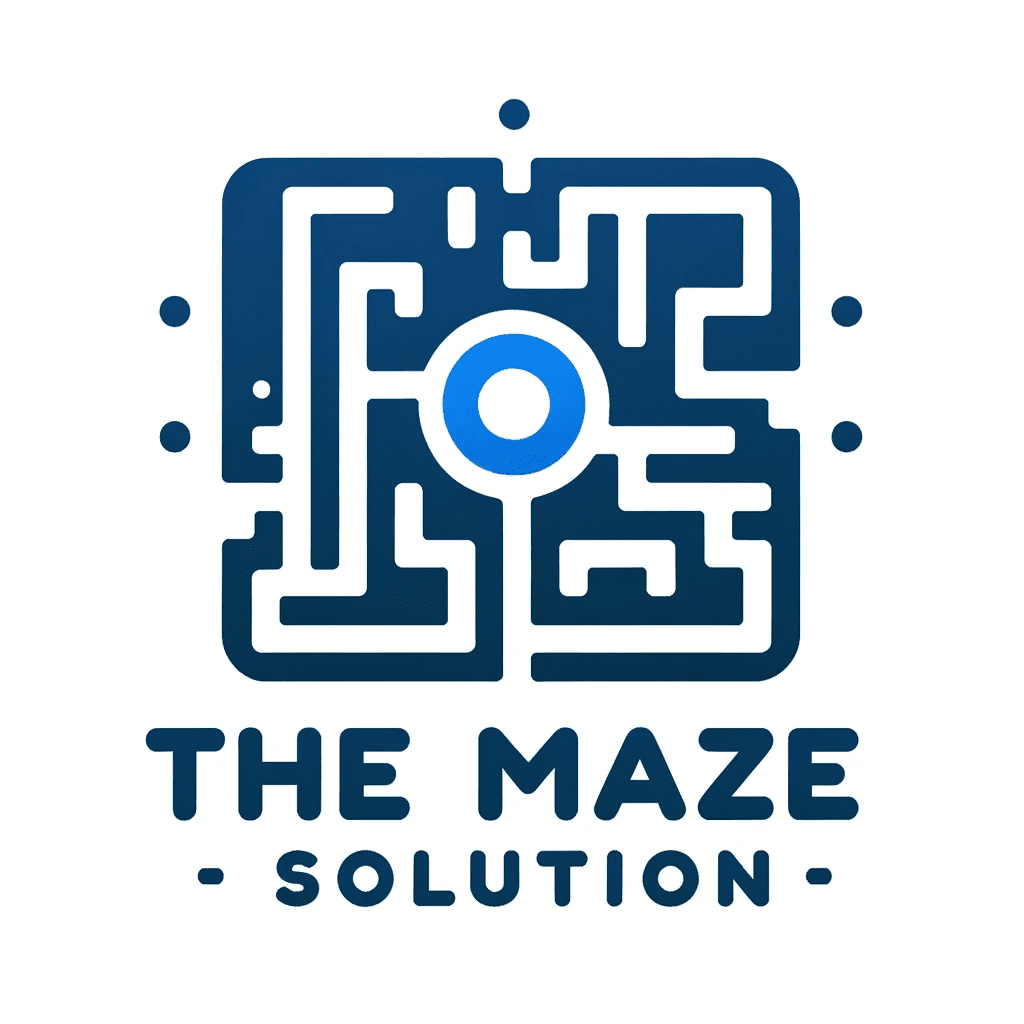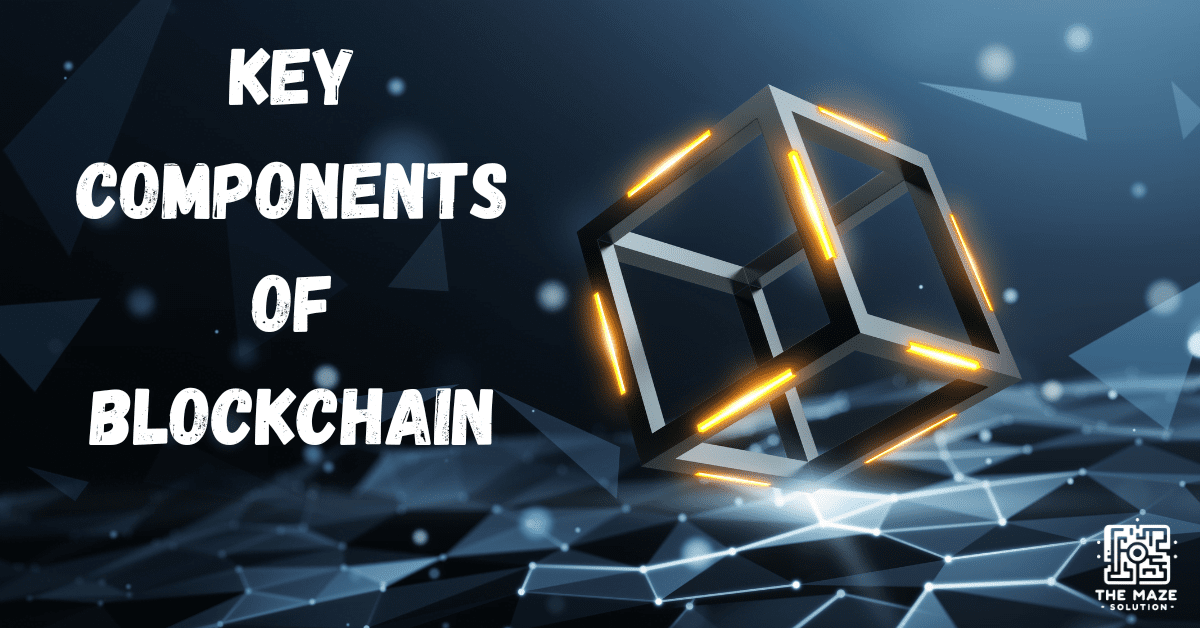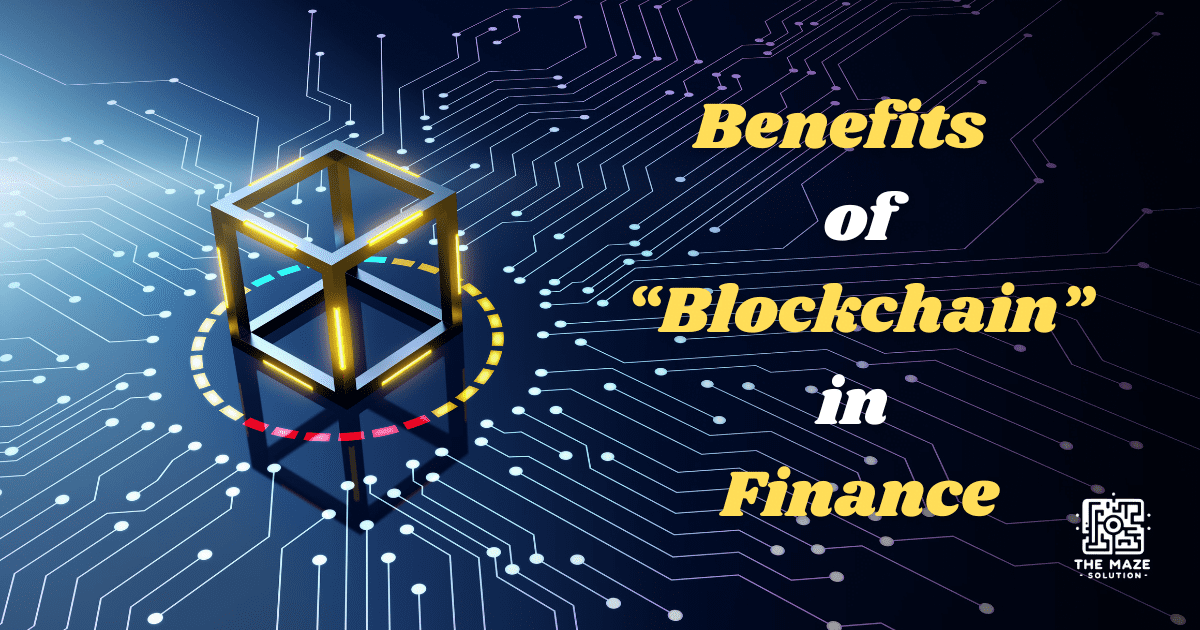What Are the Top 10 Emerging Technologies?
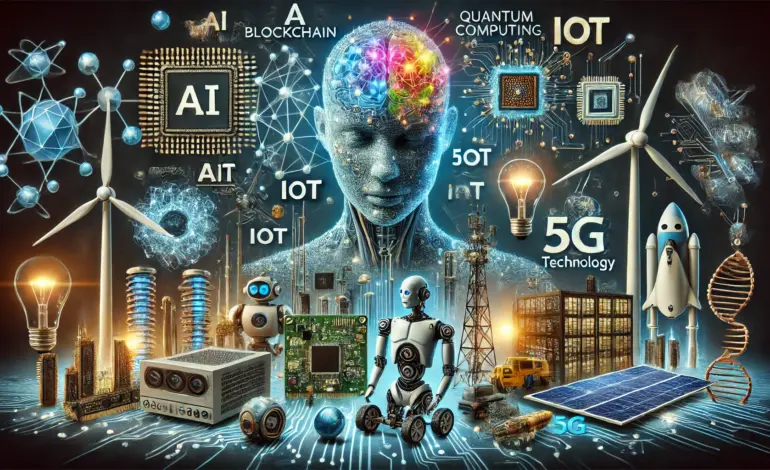
In our fast-paced world, technological innovations are emerging at an unprecedented rate, shaping the future of our daily lives and various industries. The advancements in science and technology are more than just fiction; they are reality, set to revolutionize the global industry landscape. This blog aims to explore the top 10 emerging technologies that are transforming the world in 2025 and beyond.
The report is a comprehensive analysis that unveils the possibilities and challenges these technologies present. Experts and academics from universities and research networks have combined their expertise to provide insights into the latest trends. By leveraging this knowledge, entrepreneurs, decision-makers, and citizens can prepare for the future and gain a competitive advantage.
From AI, robotics, and quantum computing to cloud technology and immersive technologies, the advancements are impactful and far-reaching. They are enabling industries like healthcare, manufacturing, agriculture, and finance to become more efficient and productive than ever before. The emerging technologies are not outliers but are set to fit neatly into the global stage.
As the economic landscape evolves, there’s a necessity for professionals to constantly learn, unlearn, and relearn. The rapid progress is causing a shift in the role of IT and other sectors. Staying informed about these developments is crucial to securing a safe position in the market.
The content covers not just the technological aspects but also the ethical and societal considerations. The challenges and questions arising from these advancements are significant. By the end of this blog, the aim is to provide a robust understanding of how these emerging technologies are set to transform the future.
What Are the Top 10 Emerging Technologies in 2025?
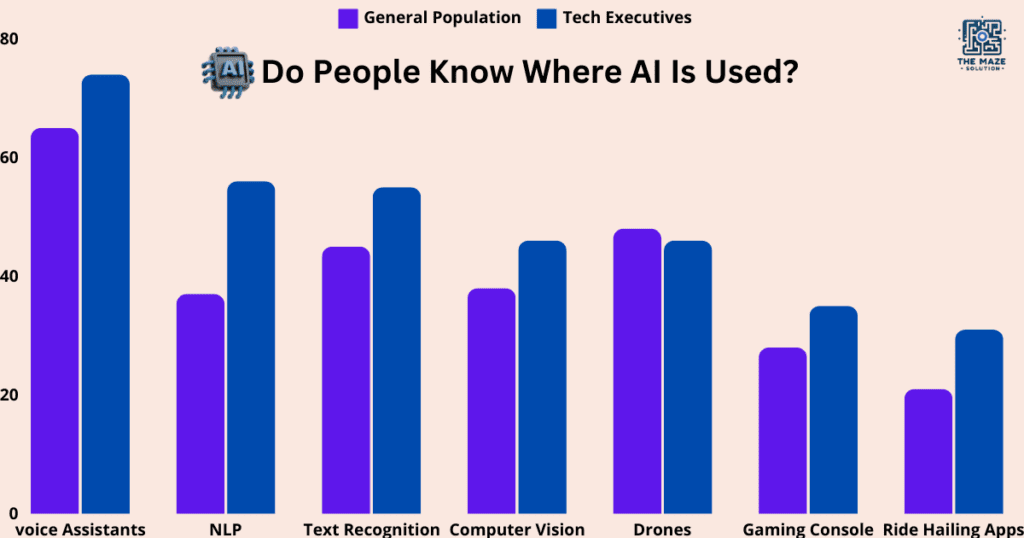
Key Takeaways
- Artificial intelligence (AI) and machine learning (ML) are transforming consumer experiences and enhancing customer satisfaction by offering hyperpersonalization and advanced analytics. They are pivotal in drug discovery, quality control, and real-time monitoring, having a significant impact on industries like healthcare and finance.
- Blockchain is strengthening the supply chain and ensuring data privacy, providing a substantial impact on manufacturing processes and emerging tech in heavy industries. Its applicability extends to more than one country, offering potential for widespread use and benefit to economies globally.
- Virtual reality (VR) and augmented reality (AR) are delivering immersive experiences and transforming sectors like education and entertainment. Though in the early stages of development, they have the power to change established behaviors and provide prominent use cases in training and simulation.
- Cloud computing is improving manufacturing workflows and managing legacy systems, crucial for emerging tech in service industries. It addresses compatibility issues and supports remote asset monitoring, asset maintenance, and smart homes.
- Additive manufacturing, or 3D printing, enables rapid prototyping and produces high-performance materials, revolutionizing manufacturing processes. This cutting-edge technology is yet to be widely used but holds potential for widespread use.
- Connectivity technologies like 5G and LoRaWAN enhance the Internet of Things (IoT), facilitating wearable technology, connected clothing, and smart homes. They help in bridging accessibility gaps and support emerging tech in service industries.
- Nanotechnology and nanotech offer precision and promote sustainability, delivering climate-positive practices and impacting cleantech sectors. They provide depth in material science and introduce high-performance materials.
- Robotics is impacting manufacturing, improving asset maintenance, and introducing ethical considerations. It presents challenges like ensuring bias-free technologies and adapting to evolving industry needs.
- Big Data and Advanced Analytics are pivotal for hyperpersonalization, quality control, and enhancing customer satisfaction, contributing to a significant impact in decision-making processes.
- Wearables and connected clothing are transforming consumer experiences, offering personalized customer experiences and supporting emerging tech in light industries. They are evolving rapidly and set to take center stage in the market.
Top 10 Emerging Technologies
1. Artificial Intelligence
Artificial Intelligence (AI) and Machine Learning (ML) are at the forefront of the top 10 emerging technologies. These technologies are transforming how we interact with machines and how businesses operate. AI and ML enable computers to learn from data, recognize patterns, and make decisions with minimal human intervention.
Applications of AI and ML
- Healthcare: AI-powered diagnostic tools are improving the accuracy and speed of medical diagnoses.
- Finance: ML algorithms are being used for fraud detection, risk management, and automated trading.
- Retail: AI-driven personalization is enhancing customer experiences by providing tailored recommendations.
Future Prospects
The future of AI and ML looks promising, with advancements in natural language processing, computer vision, and reinforcement learning. These technologies will continue to drive innovation across various sectors.
Other use of Artificial Intelligence:
“10 Ways AI is Revolutionizing Daily Life” This blog is really amazing if you want to get more knowledge about Artificial Intelligence: Click Here : 10 Ways Artificial Intelligence is Revolutionizing Daily Life
“How AI Will Transform Everyday Tech? ” This blog gives you the knowledge that how Artificial Intelligence transforming us ,Click here to read : How Artificial Intelligence Will Transform Everyday Tech?
2. Blockchain Technology
This technology has emerged as one of the most revolutionary and transformative technologies of the 21st century and also in top 10 Emerging Technologies. Initially associated with cryptocurrencies like Bitcoin, blockchain has evolved beyond its roots in digital currencies to become a foundational technology with applications across various industries. In this section, we will delve into the intricacies of blockchain technology, its key features, applications, and future prospects, highlighting why it is considered one of the top technologies.
Understanding Blockchain Technology
At its core, This is a decentralized digital ledger that records transactions across a network of computers. This ledger is secure, transparent, and immutable, meaning once a transaction is recorded, it cannot be altered or deleted. The key components of blockchain technology include:
- Blocks: Data is stored in blocks, each containing a list of transactions.
- Chain: Blocks are linked together in a chronological order, forming a chain. Each block contains a cryptographic hash of the previous block, ensuring the integrity of the entire chain.
- Decentralization: Instead of being stored on a central server, the ledger is distributed across a network of nodes (computers). This decentralization ensures that no single entity has control over the entire network.
- Consensus Mechanisms: Blockchain networks use consensus mechanisms like Proof of Work (PoW) or Proof of Stake (PoS) to validate transactions and maintain the integrity of the ledger.
Key Features of Blockchain Technology
This technology boasts several features that make it unique and valuable:
- Transparency: Every transaction on the blockchain is visible to all participants, ensuring transparency and accountability.
- Security: Transactions are encrypted and linked to previous transactions, making it extremely difficult for malicious actors to alter data.
- Immutability: Once a transaction is recorded on the blockchain, it cannot be changed or deleted, providing a permanent and tamper-proof record.
- Decentralization: The distributed nature of blockchain eliminates the need for a central authority, reducing the risk of centralized points of failure and corruption.
- Efficiency: Blockchain can streamline processes by eliminating intermediaries, reducing transaction times and costs.
Applications of Blockchain Technology
This technology has found applications in a wide range of industries, transforming how businesses operate and offering new opportunities for innovation. Some notable applications include:
Supply Chain Management
It ensures transparency and traceability in supply chains, allowing companies to track products from their origin to the end consumer. This capability is particularly valuable in industries where product authenticity and safety are critical, such as food and pharmaceuticals. By providing a transparent and immutable record of each step in the supply chain, blockchain helps reduce fraud, prevent counterfeiting, and enhance consumer trust.
Example:
- Walmart: The retail giant uses blockchain to track the journey of food products from farm to shelf. This enables quick identification of the source in case of contamination, ensuring food safety and reducing the impact of recalls.
Finance
Blockchain is revolutionizing the financial industry by facilitating secure and efficient transactions. It enables cross-border payments, digital identity verification, and smart contracts, which are self-executing contracts with the terms of the agreement directly written into code.
Example:
- Ripple: A blockchain-based payment protocol that allows for fast and low-cost international money transfers, eliminating the need for traditional banking intermediaries.
Healthcare
In healthcare, blockchain can securely store patient records and streamline medical data sharing among healthcare providers. This ensures data integrity, enhances patient privacy, and improves the coordination of care.
Example:
- Medicalchain: A platform that uses blockchain to create a secure and transparent record of patient health data, allowing patients to grant access to healthcare providers and ensuring accurate and up-to-date information.
Digital Identity
Blockchain technology offers a solution to digital identity management by providing secure and verifiable digital identities. This can help prevent identity theft and fraud, simplify identity verification processes, and enable individuals to control their own data.
Example:
- Civic: A blockchain-based identity verification platform that allows individuals to manage and protect their personal information, providing secure access to various services without the need for traditional identity verification methods.
Future Prospects of Blockchain Technology
The future of blockchain technology is bright, with potential for widespread adoption across various sectors. As the technology matures, we can expect to see the following trends and developments:
Increased Adoption in Finance and Banking
Blockchain’s ability to provide secure, transparent, and efficient transactions is driving its adoption in the financial sector. Central banks and financial institutions are exploring the use of blockchain for digital currencies, cross-border payments, and settlement systems. The development of Central Bank Digital Currencies (CBDCs) is a notable trend, with countries like China, Sweden, and the Bahamas already piloting or implementing their digital currencies.
Expansion of Decentralized Finance (DeFi)
Decentralized Finance (DeFi) is an emerging sector that leverages blockchain technology to create financial products and services without traditional intermediaries. DeFi platforms offer lending, borrowing, trading, and investment opportunities, providing greater accessibility and inclusivity in the financial system. The DeFi market has seen exponential growth, with billions of dollars locked in various protocols, and this trend is expected to continue.
Integration with Internet of Things (IoT)
The convergence of blockchain and IoT technologies is set to create new possibilities for secure and efficient data exchange between connected devices. Blockchain can provide a secure and transparent framework for IoT devices to interact and transact, enabling applications in smart cities, supply chain management, and asset tracking.
Enhanced Security and Privacy Solutions
As cybersecurity threats continue to evolve, blockchain technology offers robust solutions for enhancing security and privacy. Blockchain’s immutable and transparent nature makes it an ideal platform for securing sensitive data, managing digital identities, and ensuring data integrity. Innovations in zero-knowledge proofs and secure multi-party computation are expected to further enhance blockchain’s capabilities in this area.
Evolution of Smart Contracts
Smart contracts are self-executing contracts with the terms of the agreement directly written into code. They automatically enforce and execute the terms when predefined conditions are met. The use of smart contracts is expected to expand beyond finance to areas such as supply chain management, real estate, and legal agreements. Advancements in smart contract platforms like Ethereum, Cardano, and Polkadot will drive the development of more sophisticated and scalable applications.
3. Internet of Things (IoT)
The Internet of Things (IoT) refers to the network of interconnected devices that communicate and share data. IoT is among the top 10 emerging technologies that are creating smarter environments, from homes to cities.
Applications of IoT
- Smart Homes: IoT devices like smart thermostats, security cameras, and voice assistants are making homes more efficient and secure.
- Healthcare: Wearable devices monitor health metrics and provide real-time data to doctors.
- Industrial IoT (IIoT): IoT sensors in manufacturing plants enhance productivity and safety.
Future Prospects
The IoT market is expected to grow exponentially, with advancements in 5G technology and edge computing driving its expansion.
4. Quantum Computing
Quantum computing is also add in tTop 10 Emerging Technologies that leverages the principles of quantum mechanics to process information. Unlike classical computers, which use bits, quantum computers use qubits, enabling them to solve complex problems much faster.
Applications of Quantum Computing
- Cryptography: Quantum computers can break existing encryption methods, prompting the development of quantum-resistant cryptography.
- Drug Discovery: Quantum computing accelerates the discovery of new drugs by simulating molecular interactions.
- Optimization: It solves complex optimization problems in logistics, finance, and manufacturing.
Future Prospects
As quantum computing technology advances, it will revolutionize fields that require immense computational power, leading to breakthroughs in science and technology.
5. Augmented Reality (AR) and Virtual Reality (VR)
Augmented Reality (AR) and Virtual Reality (VR) are immersive technologies that blend the physical and digital worlds. They are among the top 10 technologies transforming entertainment, education, and various industries.
Applications of AR and VR
- Entertainment: VR gaming and AR experiences are providing new levels of immersion.
- Education: AR and VR are enhancing learning experiences by providing interactive and immersive educational content.
- Healthcare: VR is used for surgical simulations and AR for vein visualization in medical procedures.
Future Prospects
The AR and VR market is poised for significant growth, with advancements in hardware and software making these technologies more accessible and affordable.
6. 5G Technology
5G technology is the next generation of mobile networks, offering faster speeds, lower latency, and greater connectivity. It is one of the top 10 emerging technologies that will enable new applications and services.
Applications of 5G
- Smart Cities: 5G enables the development of smart city infrastructure, including smart traffic management and public safety systems.
- Telemedicine: 5G facilitates remote medical consultations and real-time monitoring of patients.
- Autonomous Vehicles: 5G supports the communication needs of self-driving cars, enhancing safety and efficiency.
Future Prospects
The rollout of 5G technology will drive innovation in various sectors, leading to the development of new services and applications that were previously not possible.
7. Biotechnology
Biotechnology involves the use of living organisms and biological systems to develop new products and technologies. It is one of the top 10 technologies with the potential to revolutionize healthcare, agriculture, and environmental sustainability.
Applications of Biotechnology
- Healthcare: Gene editing technologies like CRISPR are enabling the treatment of genetic disorders.
- Agriculture: Biotechnology is used to develop genetically modified crops with higher yields and resistance to pests.
- Environmental Sustainability: Bioremediation techniques use microorganisms to clean up polluted environments.
Future Prospects
Advancements in biotechnology will lead to new treatments for diseases, more sustainable agricultural practices, and solutions to environmental challenges.
8. Robotics and Automation
Robotics and automation are transforming industries by increasing efficiency, reducing costs, and enhancing precision. They are among the top 10 emerging technologies shaping the future of work and manufacturing.
Applications of Robotics and Automation
- Manufacturing: Industrial robots are used for assembly, welding, and painting, improving productivity and quality.
- Healthcare: Surgical robots assist in minimally invasive surgeries, enhancing precision and outcomes.
- Logistics: Automated warehouses and delivery robots are streamlining supply chain operations.
Future Prospects
The continued development of robotics and automation technologies will lead to more advanced and versatile robots, further transforming industries and creating new opportunities.
9. Renewable Energy Technologies
Renewable energy technologies are critical for addressing climate change and reducing our dependence on fossil fuels. They are among the Top 10 Emerging Technologies driving the transition to a more sustainable future.
Applications of Renewable Energy Technologies
- Solar Power: Photovoltaic cells convert sunlight into electricity, providing a clean and abundant energy source.
- Wind Power: Wind turbines harness wind energy to generate electricity, contributing to the energy mix.
- Energy Storage: Advanced battery technologies store renewable energy for use when the sun isn’t shining or the wind isn’t blowing.
Future Prospects
The growth of renewable energy technologies will lead to a cleaner and more sustainable energy system, reducing greenhouse gas emissions and mitigating the impacts of climate change.
10. Edge Computing
Edge computing is an emerging technology that brings computation and data storage closer to the source of data generation. It is one of the top 10 emerging technologies that enhance the performance and efficiency of applications.
Applications of Edge Computing
- IoT Devices: Edge computing enables real-time data processing for IoT devices, reducing latency and bandwidth usage.
- Autonomous Vehicles: Edge computing supports the processing needs of self-driving cars, enabling faster decision-making.
- Smart Grids: Edge computing enhances the management and optimization of energy distribution in smart grids.
Future Prospects
The adoption of edge computing will continue to grow, driven by the increasing demand for real-time data processing and the proliferation of IoT devices.
The top 10 emerging technologies discussed in this blog are set to transform our world in profound ways. From AI and blockchain to quantum computing and renewable energy, these technologies offer immense potential to improve our lives and address some of the most pressing challenges we face today. By staying informed about these emerging technologies, we can better prepare for the future and leverage these advancements to create a better world. Whether you are a business leader, a technology enthusiast, or simply curious about the future, understanding these top 10 technologies will help you navigate the rapidly changing technological landscape.
In conclusion, the future is bright with the promise of these emerging technologies. They hold the potential to revolutionize industries, improve our quality of life, and create new opportunities. By embracing these technologies, we can drive innovation, foster economic growth, and build a more sustainable and equitable future for all. Stay tuned as we continue to explore the exciting world of emerging technologies and their impact on our lives.
Faq
What are the top 10 emerging technologies topics?
1. 5G
2. 6G cellular communications
3. Artificial intelligence
4. Artificial general intelligence
5. Automation
6. Biometrics
7. Blockchain
8. Carbon nanotube field-effect transistor
9. Cashierless store
10. Civic technology
What are the 5 best emerging technologies?
Five tools are quickly changing the future in our fast-paced world. Advanced artificial intelligence is the way forward. It has the ability to change every part of life and every industry. It gives us new tools to help us make better decisions and automate tasks. A lot of money is also being put into neurotechnology, which tries to improve how brains and computers talk to each other and understand the mind. At the same time, biotechnology offers to make huge steps forward in medicine, giving billions of people around the world new ways to get better. Climate intervention devices aim to mitigate climate change, illustrating the complex interplay between societal challenges and opportunities. Quantum computing holds the potential to transform data processing and foster innovative ideas. It is believed that the addition of these five new fields will have big effects on the world as a whole.
What is the top 10 technologies in the world?
Top 10: Technology Innovations
1. Generative AI
2. AI and Machine Learning
3. Quantum computing
4. 5G and advanced connectivity
5. Extended Reality (VR/AR)
6. Internet of Things (IoT) and hyperconnection
7. Blockchain and decentralised technologies
8. Green and sustainable technologies
9. Biotechnology and personalised medicine
10. Robotics and automation
